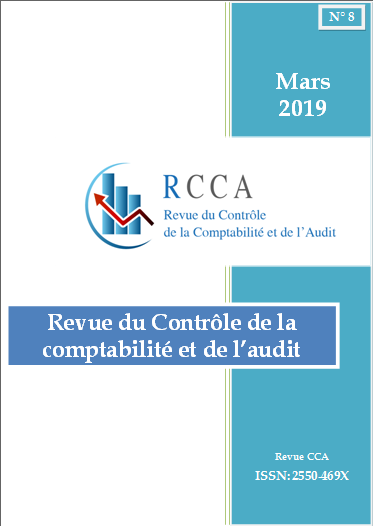Duality of formal and informal institutions and women's entrepreneurship in rural areas
Keywords:
Women's entrepreneurship, formal institutions, informal institutions, socio-cultural norms, public policies, MoroccoAbstract
This paper examines the influence of formal and informal institutions on female entrepreneurship in rural areas, using Douglass North's institutional theory (1990). Formal institutions, such as public policies and legal infrastructures, and informal institutions, including cultural norms and patriarchal traditions, are analyzed to understand their impact on the entrepreneurial intentions of rural Moroccan women. The study is based on a Logit model applied to a sample of 306 rural women who have benefited from public entrepreneurship training programs. The results show that socio-cultural norms and traditions have a significant negative effect on women’s entrepreneurial intentions by limiting their access to essential resources such as credit, professional networks, and tailored training. Conversely, access to adequate legal and economic infrastructures has a positive impact on their entrepreneurial engagement. However, public policies appear to be ineffective due to insufficient implementation or their misalignment with local realities. The interaction between formal and informal institutions proves to be important: better alignment between these two types of institutions promotes female entrepreneurship, whereas their misalignment exacerbates barriers. These findings highlight the need for an integrated approach combining institutional reforms, community initiatives, and awareness campaigns to overcome socio-cultural constraints and enhance the effectiveness of public policies.
Downloads
Downloads
Published
How to Cite
Issue
Section
License
Copyright (c) 2020 Mohamed ED-DIB, Nabil EL HAMIDI

This work is licensed under a Creative Commons Attribution-NonCommercial-NoDerivatives 4.0 International License.















